 Welcome
Welcome
“May all be happy, may all be healed, may all be at peace and may no one ever suffer."
- A
- B
- C
- D
- E
- F
- G
- H
- I
- J
- K
- L
- M
- N
- O
- P
- Q
- R
- S
- T
- U
- V
- W
- X
- Y
- Z
Testes - Diseases
The testes, also known as the testicles, are male reproductive organs that are responsible for producing sperm and the hormone testosterone. They are located in the scrotum, a sac of skin that hangs outside the body.
The testes are oval-shaped and are about 4-5 centimeters in length. Each testis is made up of several different types of cells, including germ cells, which produce sperm, and Leydig cells, which produce testosterone.
Sperm production begins during puberty, when the levels of testosterone in the body increase. Sperm are produced in the seminiferous tubules, which are small, coiled tubes located within the testes. Once sperm are produced, they are stored in the epididymis, a long, coiled tube located on the back of each testis.
Testosterone production also begins during puberty and is responsible for the development of male secondary sexual characteristics, such as facial hair, a deeper voice, and muscle growth. Testosterone also plays a role in maintaining bone density and muscle mass, and can affect mood and cognitive function.
Several conditions can affect the testes, including testicular cancer, which is the most common cancer in young men, and testicular torsion, a painful condition in which the testicle twists and cuts off its blood supply. Regular self-examination of the testes can help detect any abnormalities early on, which can improve the chances of successful treatment.
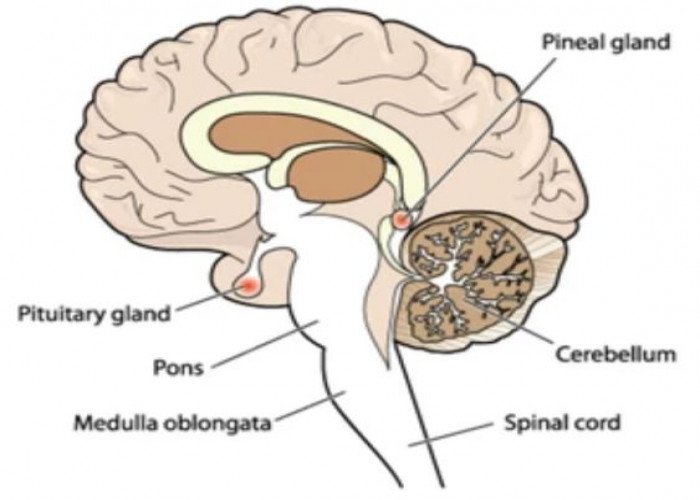
Pituitary gland
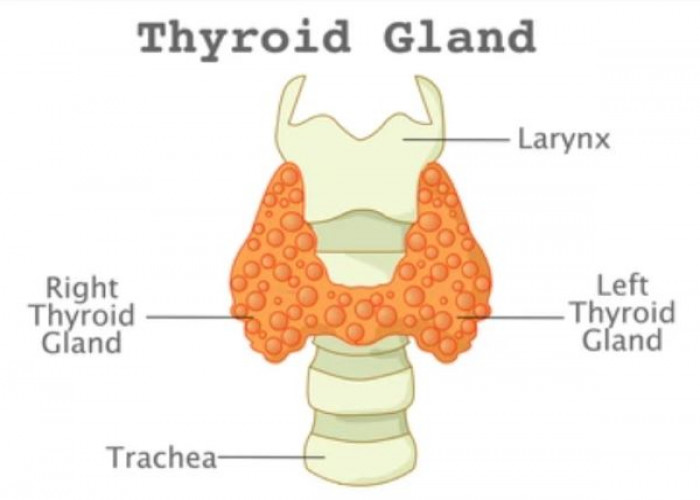
Thyroid gland
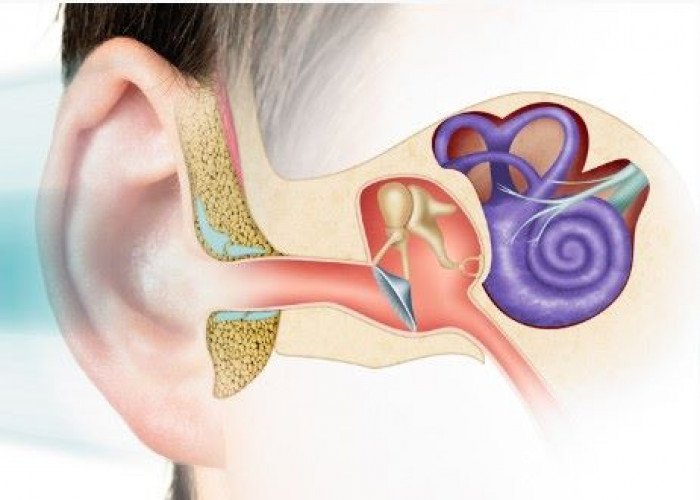
Semicircular canals Inner ear

Esophagus
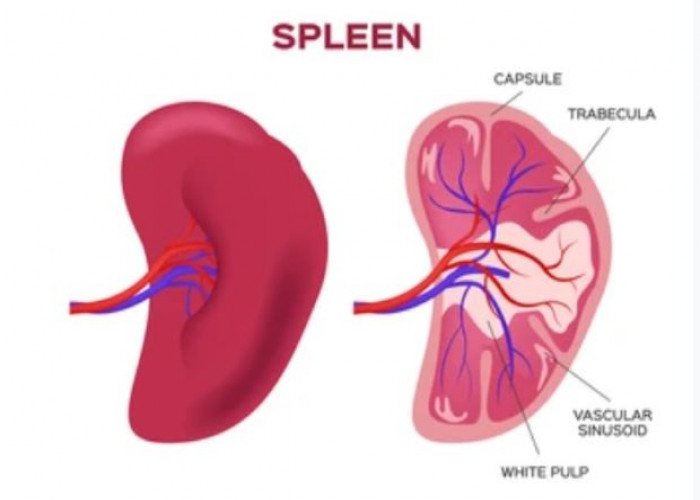
Spleen

Interstitium
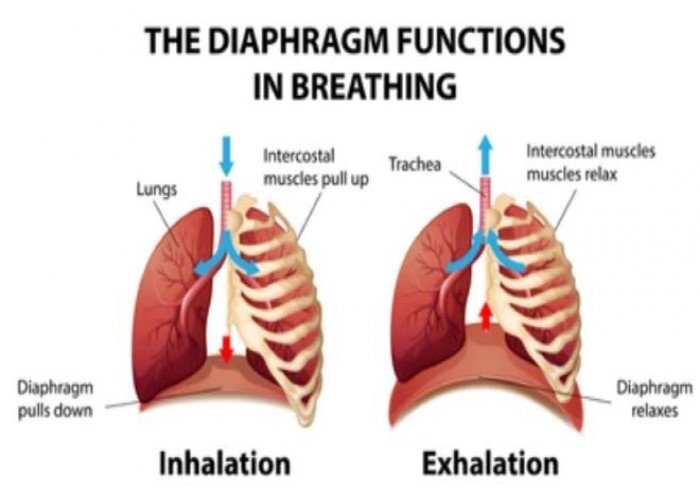
Diaphragm
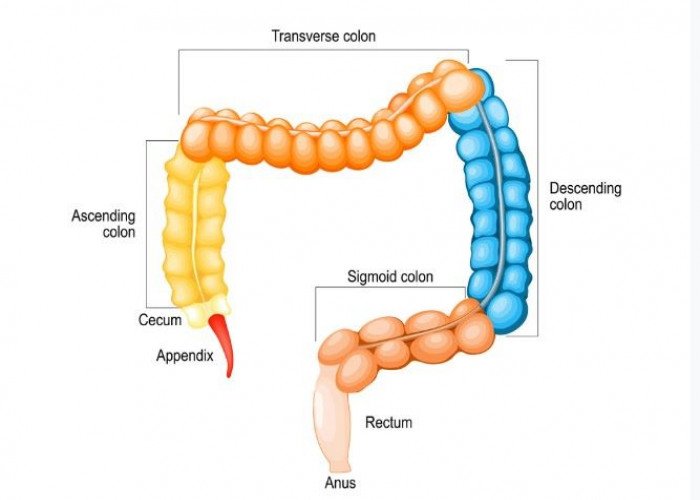
Sigmoid colon intestine
Testes,টেস্টস
To be happy, beautiful, healthy, wealthy, hale and long-lived stay with DM3S.